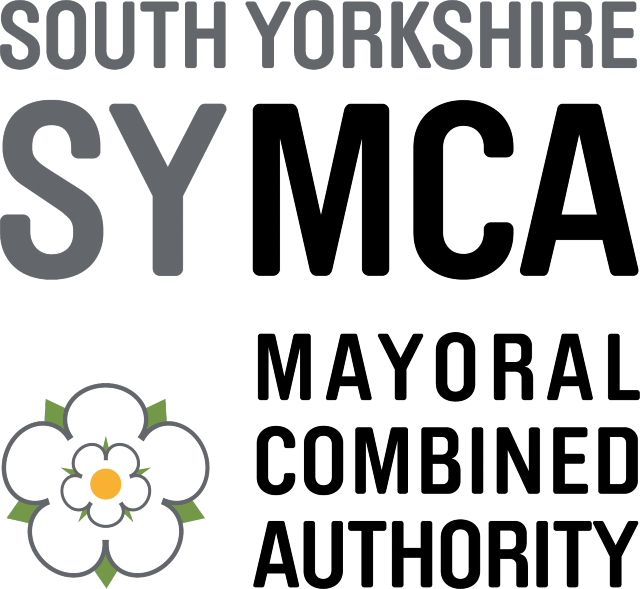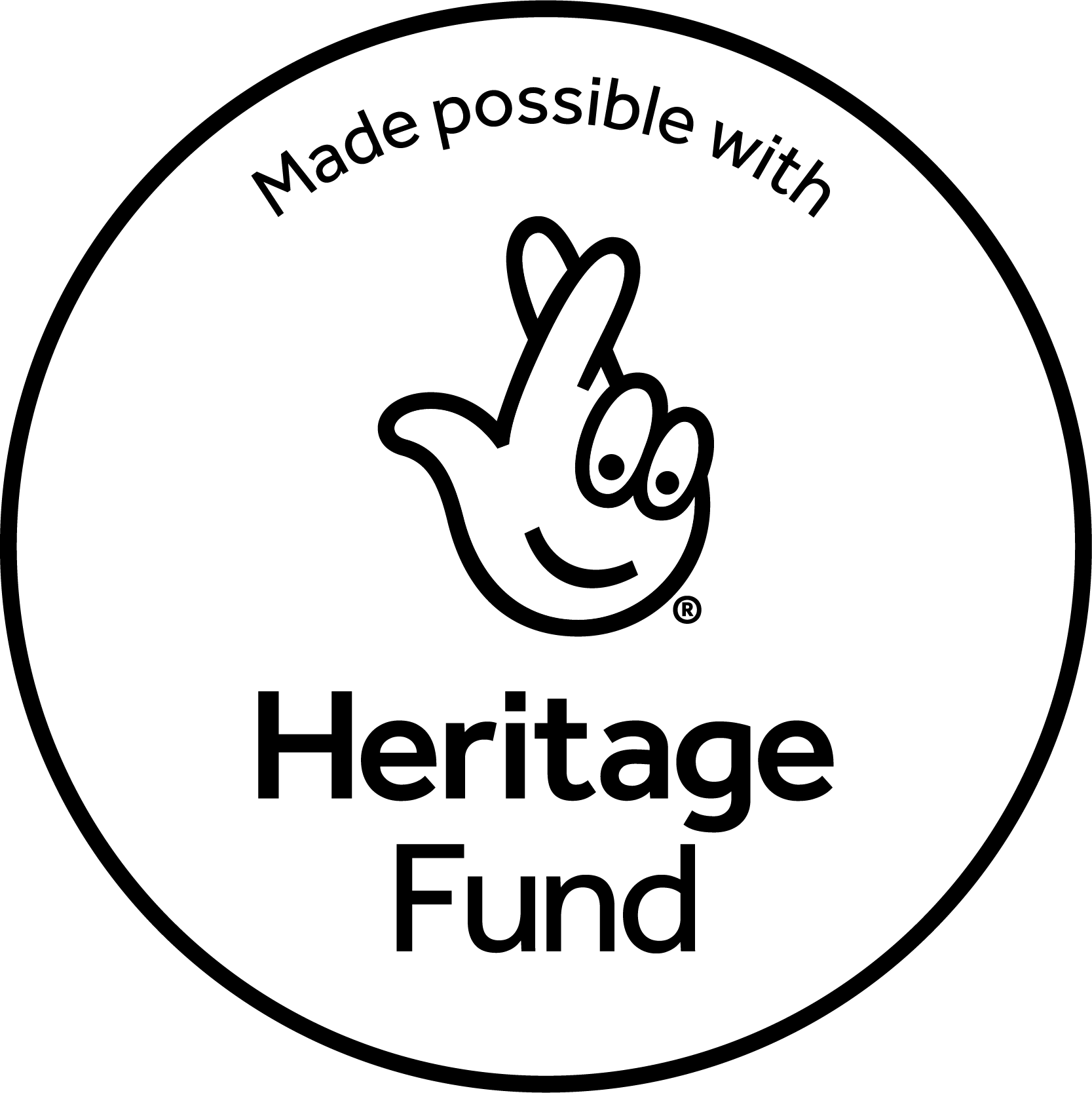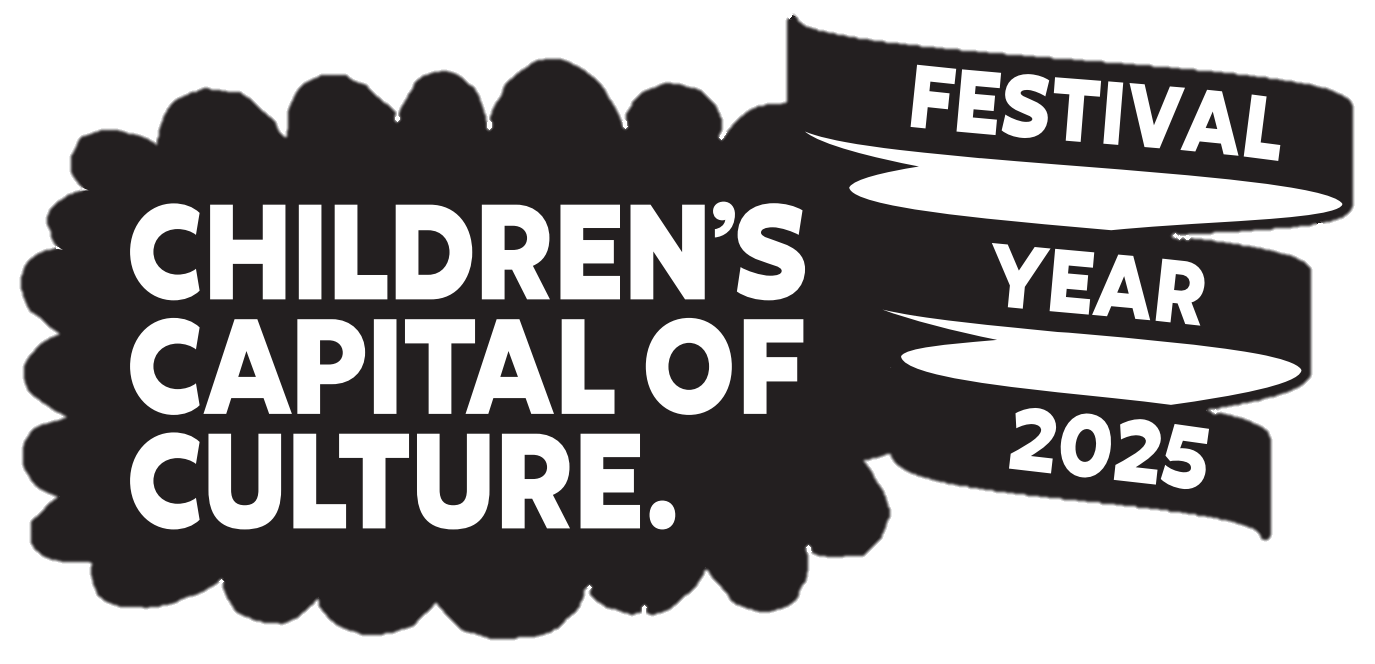Making Children’s Capital of Culture: Being a Trainee Producer
By Dr Becky Parry. Our guest writer and education specialist.
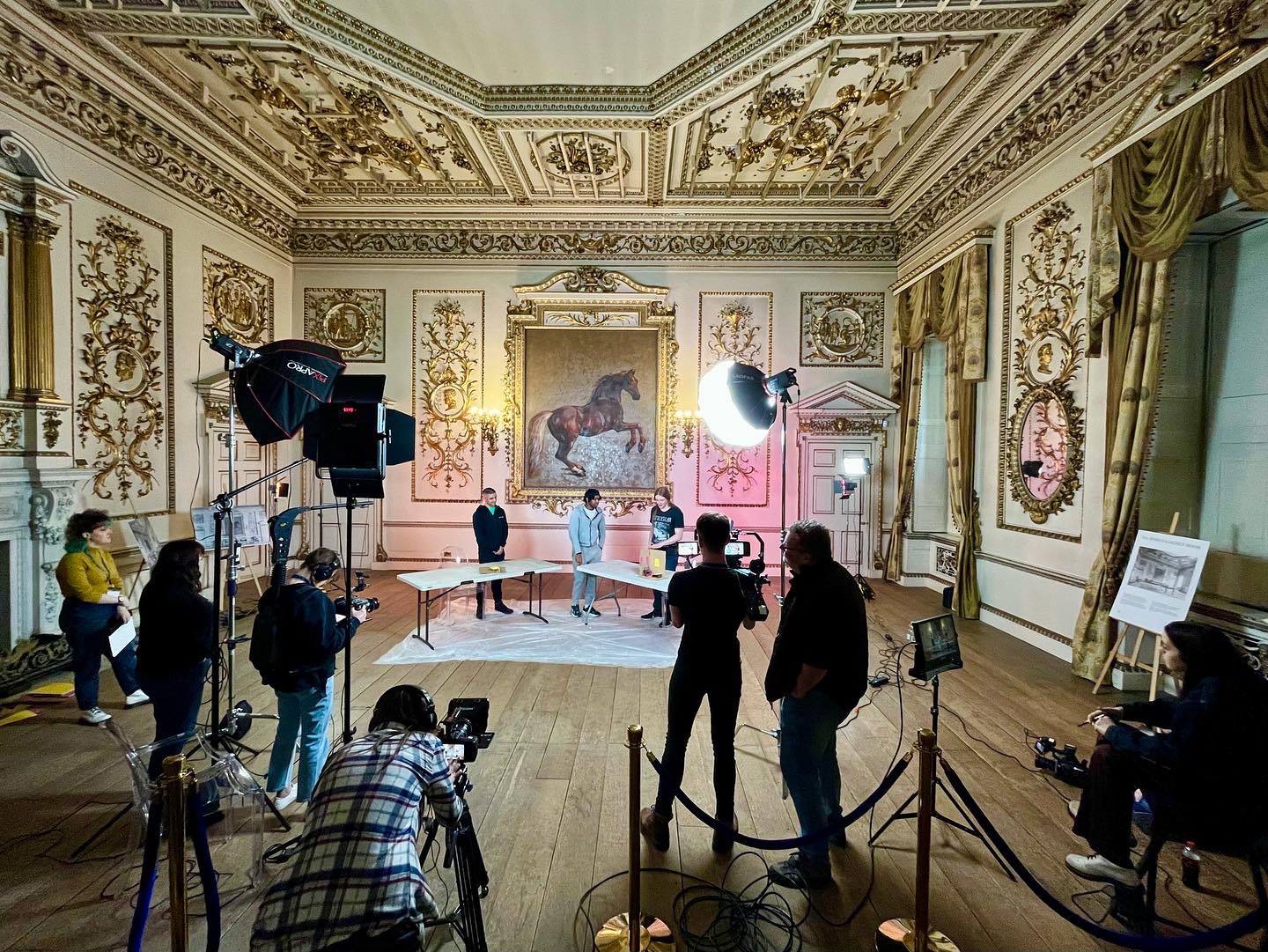
At the heart of the Children’s Capital of Culture Programme is an ambition to co-produce events with young people. Key to delivering on this ambition is the traineeship programme which is set to run for the third time in 2024. Organisations such as Grimm & Co, Wentworth Woodhouse, Flux Rotherham and ROAR have hosted young producers or trainees who have then worked on designing, planning, managing and delivering creative events for children, young people and families.
If you’ve seen the adverts for the next set of trainees and want to know more about this role from our previous trainees, read on.
What is a Producer?The role of a producer can vary, but it is important to understand that it involves organising events and projects. In your life will have organised stuff before, even if it was just getting a group of friends together. The role of producer can help you take the next step and do something more ambitious - as one of the 2023 trainees found:
I was this deep into something that's big, not my little community, something that's actually bigger.A producer takes responsibility for getting things done which make sure an event or project happens successfully and safely. In the early stages of planning this might involve coming up with ideas for an event, but once decisions are made about the who, what, when, where and why the main focus becomes working as a team to project plan. If you love a ‘to do list’ or a spreadsheet you will love getting stuck into the detail of event delivery. Equally, if you love communicating with others, including meetings, writing emails and making calls, you will enjoy audience development, marketing or engagement work. You don’t need to be an artist to do the job, but you do need to be interested in making creative things like festivals, workshops, exhibitions and performances happen.
You also need to be interested in working with and for children, young people and families, because you will producing work for them. And as one of the trainees pointed out, CCoC offers:
A great opportunity to get involved with the local creative community.
What is a co-production?
Co-production has become popular in the arts. The idea is that it changes who gets to make decisions. So for example, if you were organising an exhibition, usually a professional curator would make decisions about what would be included. In a music festival a professional programmer would decide which acts to invite to perform. But, in co-production decisions are made jointly, and every time you do it you learn new things as one trainee pointed out:
Working out how they work and the negotiation that you have to do between essentially the funding body and the artist, as difficult as it's been, it's been nice to learn that. So it has been amazing.
What training will I get?
Almost all the training you receive will be practical through the day to day work you will be doing. There will be an induction and lots of guidance, but on the whole you will be learning by doing. It’s a really good idea to create a portfolio of all the work you do so you have a record of what you’ve done. If there is some specific training you’d like to receive that is relevant to the role you can request this to your mentor or line manager. It’s also a good idea to ask questions about anything you are not sure about, as this will make sure the appropriate help and support is offered. Many of the trainees recognised that being a producer of events had changed them and given them opportunities to communicate with confidence:
Usually, I'd be quite quiet and reserved but I was making people laugh and I'm like, ‘Come on. Let's get in, let's go see this film.’ But then as I opened the door after, people were coming to me crying and telling me stories like saying how good it was. (Trainee Producer)I'm not really good with talking to people, but the festivals and having to interact everyday – Oh, I'm gonna have to talk to these strangers.’ And then it's just like, wow - I've done some cool things I can talk about. (Trainee Producer)
How much decision making will I have?
You will have quite a lot of different opportunities to make decisions about the sorts of events you run and how you run and who is involved. This can seem a lot, but it is exciting and it will help you gain really useful experience. Ultimately the host organisation you are working with is responsible for budgets, success, safety and child protection so there may be things that you have to negotiate with them, but this is what is meant by co-production. You are not on your own, you will be working with others and everyone’s ideas should be valued:
It's come to this point now where I don't even remember my main ideas. It's all become like a group idea. (Trainee Producer)Your line manager or mentor can help you keep focused on what is practical and appropriate for the audience - as well as supporting ideas which are exciting and new.
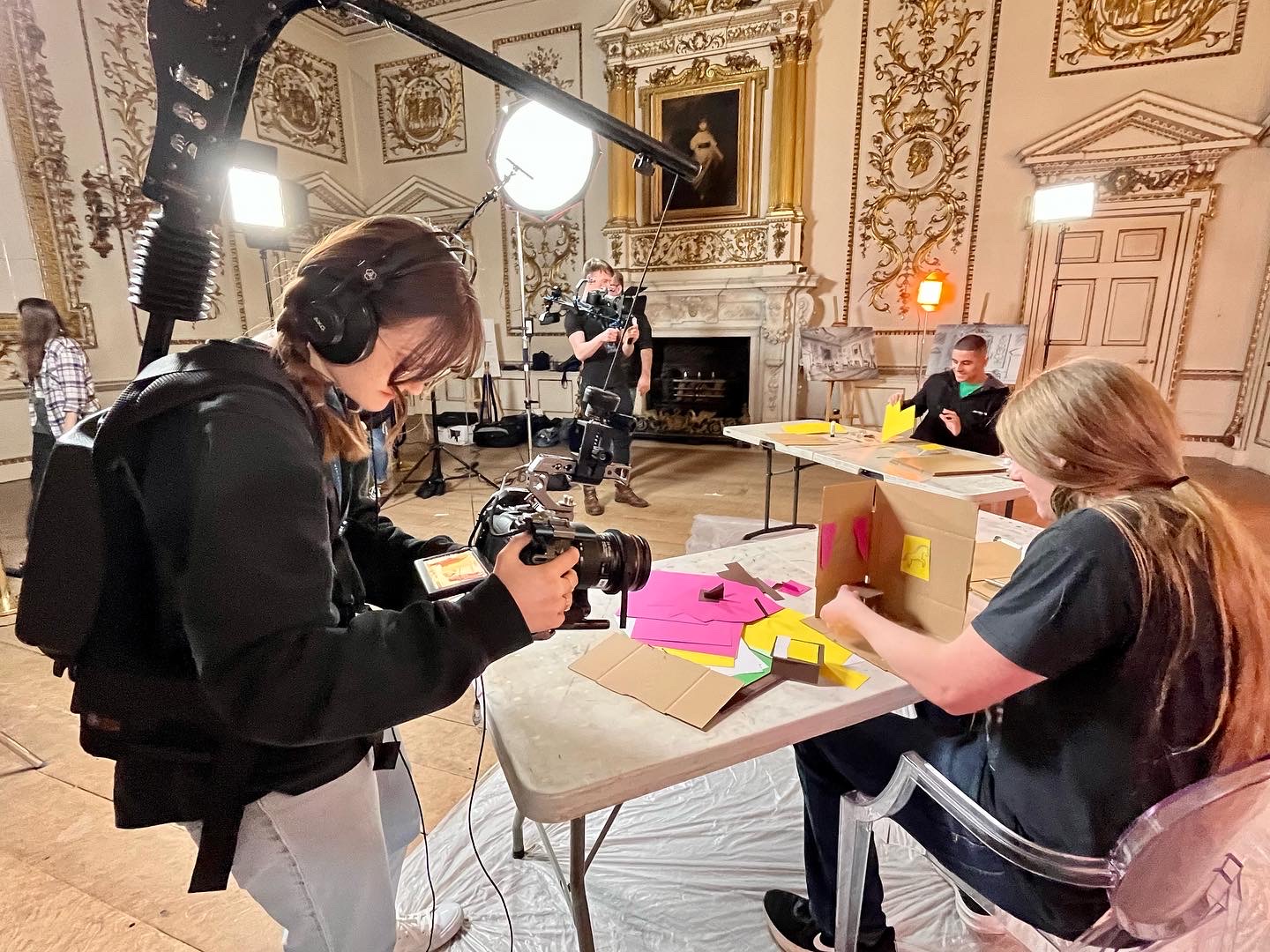
Is this a creative role?
This role requires creative thinking skills. You need to learn to collaborate, use your imagination, be curious and take risks and be persistent and disciplined. There are many different creative processes involved in the traineeships. Trainees at Wentworth Woodhouse were really focused on film production and film career events, but other trainees were involved in designing community events, exhibition curation and much more. For example, one trainee from 2022 explained that their role in putting together an exhibition involved:
Curating items, looking after / restoring older items, understanding and working with copyright / royalties, photo printing.
So each traineeship will develop skills and experience linked to the type of event you are working on. Our past trainees have told us that working with experts is really helpful:
Victoria (the curator) made us think about things like the audience, who [the exhibition] is for, what we're actually trying to represent and the aims, and then sort of what we can do in terms of the things that we at that point knew we had access to and the items and stories that we and how we sort of tie that into an exhibition.
However, it’s not an artist residency and, if you are a visual artist (for example) that may only be relevant some of the time. Event management involves using computers to do online meetings and calls or sending emails as well as putting together a budget or spreadsheet. You may not have done these things before, but if you like a ‘to do’ list you’ll soon get the idea. It is worth remembering that your role is to facilitate creative opportunities for others, so it really helps if you are interested in that or happy to try. As the event gets closer more time and effort has to go into getting ready and this might feel intense:
Can be challenging and exhausting sometimes but the outcome outweighs everything. (Trainee Producer)
What support will I have?
You will have a line-manager or a mentor whose job it will be to support you to be successful in your new role. You will also be able to connect with your fellow trainees for support. Ask for the specific support you need to do your job well. There may be challenges that you are facing and it’s so important to let people know so that they can help you tackle these. The current trainees loved having mentors who could answer questions, offer encouragement as well as relevant knowledge and experience:
They showed us how to plan things better, which I thought was really helpful.
What will I learn?
You will learn about project management, designing and delivering events, creative collaboration, digital skills and communication:
So much! I've learnt loads about organising and planning events throughout the process. (Trainee Producer) This is my first nine-to-five. So, all the skills I've learned are new skills. (Trainee Producer)Most of all you will learn about yourself:
Something that I really wanted to do, while working on a team was to be a bit more of a team player, because I'm someone who's got quite strong opinions. I really wanted to be able to work better as a group and just learn how to collaborate a little bit better. (Trainee Producer) Really helps you to find your strengths in the creative scene. (Trainee Producer)
How does this benefit Rotherham?
There is already really strong evidence that CCoC is changing what people think about Rotherham, reminding the town of its potential to be a creative and caring place for children to grow up. Trainees from the 2022 programme enjoyed seeing the impact on children and young people:
I think that the fact that we've been able to inspire, possibly the next generation of filmmakers is a phenomenal thing. And I feel honoured and privileged that we got to be part of their lives and their journey. I’ve helped children who were having a blast – I've had a part in that.My highlight was seeing children at the end of our event walk out of the door with a huge smile on their face. One child came up to me and said, ‘You’ve made me really happy today’ - and that’s all I wanted, to inspire and make children happy.
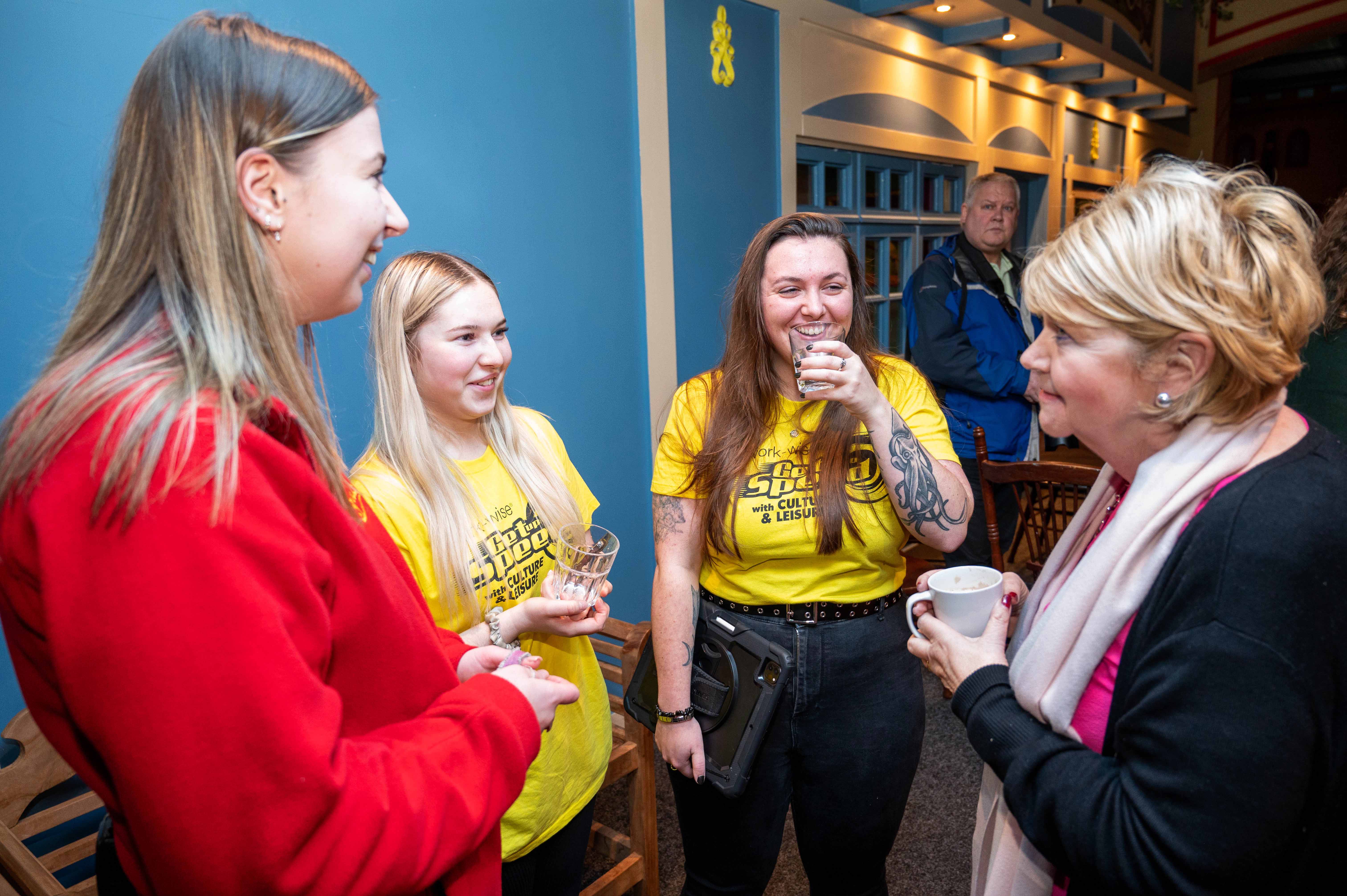
What about my own next steps?
CCoC is really keen to support you to take your next steps after your traineeship whether that’s work, education or training. You will be given support for creating a portfolio, writing a CV, setting up as a freelancer or applying for jobs. You will also be given the chance to join the CCoC alumni - a group of former trainees and creatives who want to stay involved in the programme and make new things happen in the town. Trainees often comment that the role has given them confidence to consider jobs they were not aware of before:
Doing this… has helped… we'd not realised just how much there is… now that we've been in contact with these companies we are like, 'Oh wow', there's stuff that we didn't realise was there, that we could potentially go on to [get], as jobs and experiences. I didn't think I could do a nine to five, because of my difficulties and yet here I am. So, you know, the fact that this job has allowed me to do that. You know it just gives you that motivation to now go further because - I know I can do it.
How do I apply?
The recruitment process is friendly and accessible. Many of the trainees describe it as fun and a really important part of their journey:
It’s like no other job process I’d ever been to.There’s an online form with some really good (not boring) questions and face to face recruitment sessions. Former trainees strongly recommend the programme:
An amazing opportunity you can't miss out on. A once in a lifetime opportunity. Very rewarding. Opened so many doors for me.Email ccoc@rotherham.gov.uk with the subject line ‘CCoC traineeships’ to request, a full job pack or arrange an informal chat about the roles available in 2024.
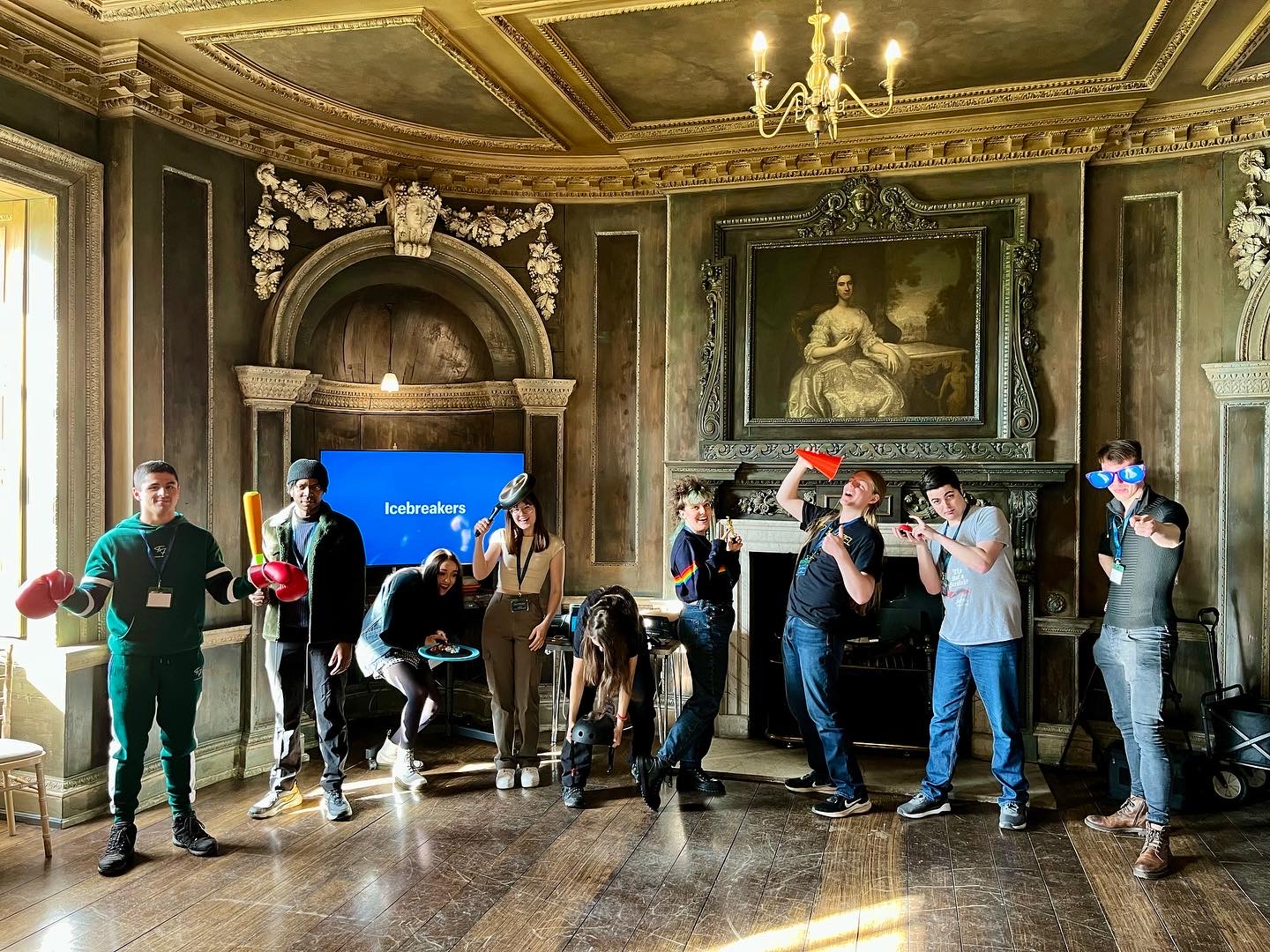
Join us for Children's Capital of Culture 2025!
Together, we will make Rotherham a place that young people are proud to call home.
Supported by:


